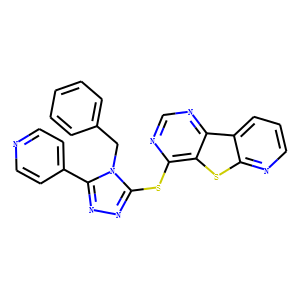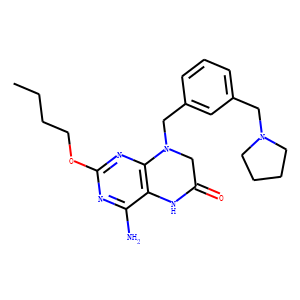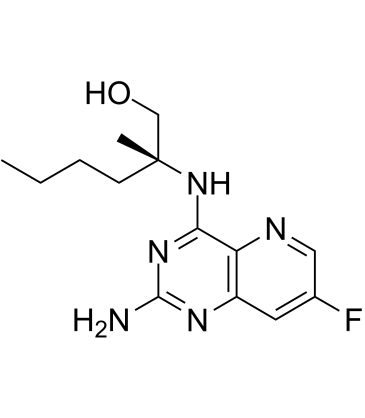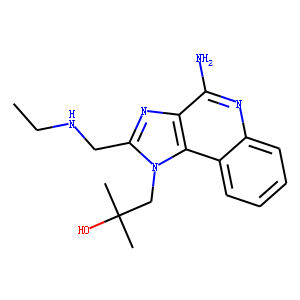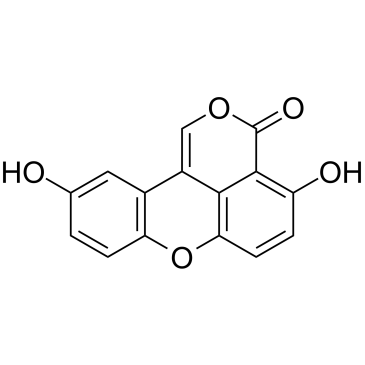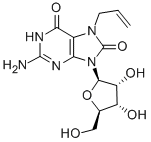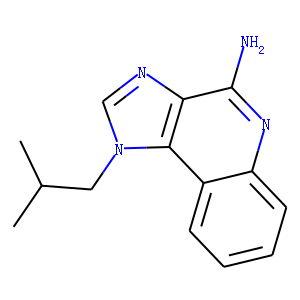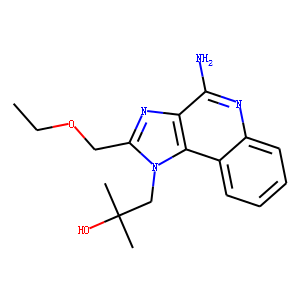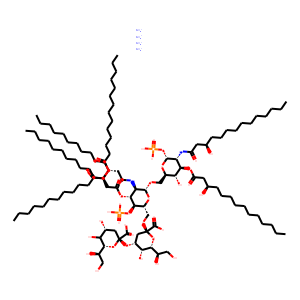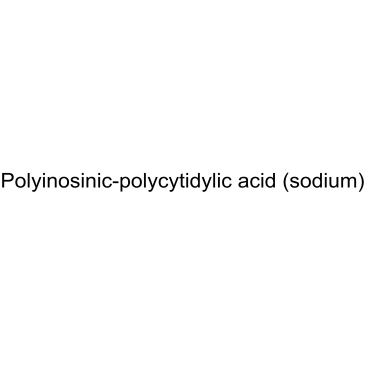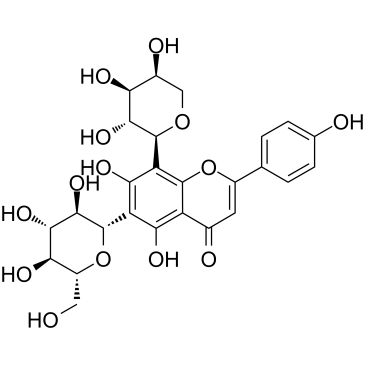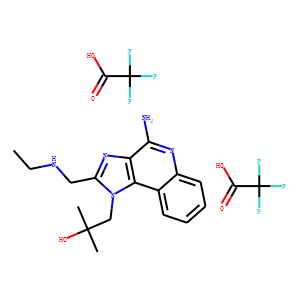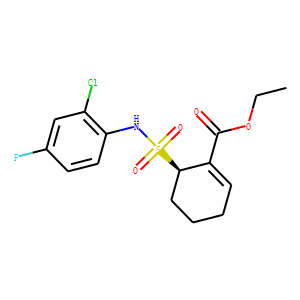Toll-like Receptor (TLR)
Toll-like receptors (TLRs) are a class of proteins crucial for the innate immune system, functioning as pattern recognition receptors (PRRs). TLRs detect molecular patterns associated with pathogens (PAMPs) and damaged cells (DAMPs), triggering immune responses. These receptors are expressed on immune cells such as macrophages and dendritic cells, and they play a pivotal role in initiating and shaping adaptive immunity. There are several types of TLRs, each recognizing different components of viruses, bacteria, or fungi. Targeting TLRs can enhance vaccine efficacy and treat infectious diseases, autoimmune disorders, and cancer. Modulation of TLR pathways is a promising strategy for therapeutic interventions aimed at boosting or dampening immune responses, depending on the clinical scenario.

